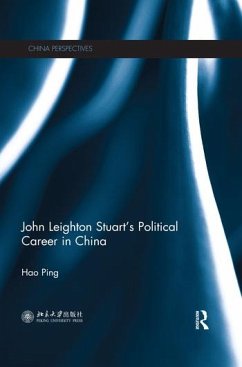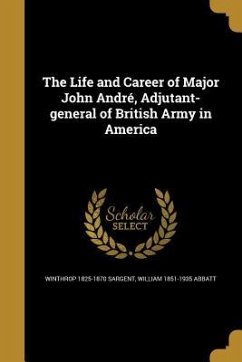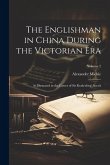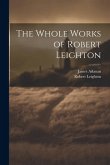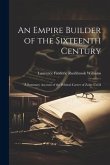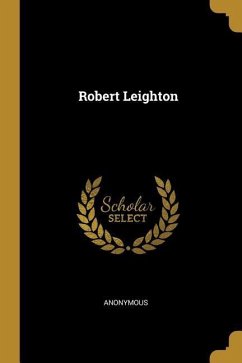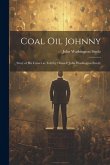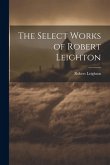In China, John Leighton Stuart (1876-1962) is a controversial figure occupying an important position in the history of modern China and Sino-U.S. relations. As a scholar and educator, Stuart loved Chinese culture and contributed much to the development of Chinese education. While as a missionary, he was inherently prejudiced against Marxism. As the U.S. ambassador to China, Stuart executed U.S. government's policy, and was finally stereotyped as a symbol of "American imperialism". This book gives a detailed account of Stuart's complicated and deep political involvement in modern China. Stuart had close relationships with Chiang Kai-shek and other high-ranking officials of Kuomingtang (KMT), while he was also an honored guest of Mao Tse-tung and Chinese Communist Party (CCP). During his tenure as the U.S. Ambassador to China, Stuart did implement U.S. government's policy of supporting KMT. But when the CCP's gaining power became inevitable, he took a pragmatic attitude and urged the U.S. government to normalize its diplomatic relations with the Communist Government. These seemingly contradictory behaviors reveal Stuart's complex features and the changeable era. By collecting substantial relevant materials both at home and abroad, both published and unpublished, this book reveals Stuart's multidimensional characters, getting rid of the stereotype. Academic and general readers interested in Stuart, modern Chinese history and Sino-U.S. relations will be attracted by this book.
Hinweis: Dieser Artikel kann nur an eine deutsche Lieferadresse ausgeliefert werden.
Hinweis: Dieser Artikel kann nur an eine deutsche Lieferadresse ausgeliefert werden.

